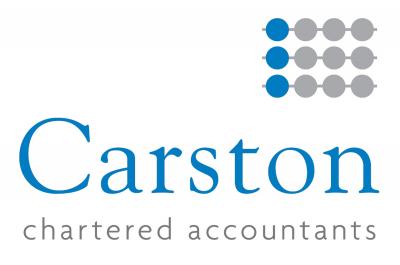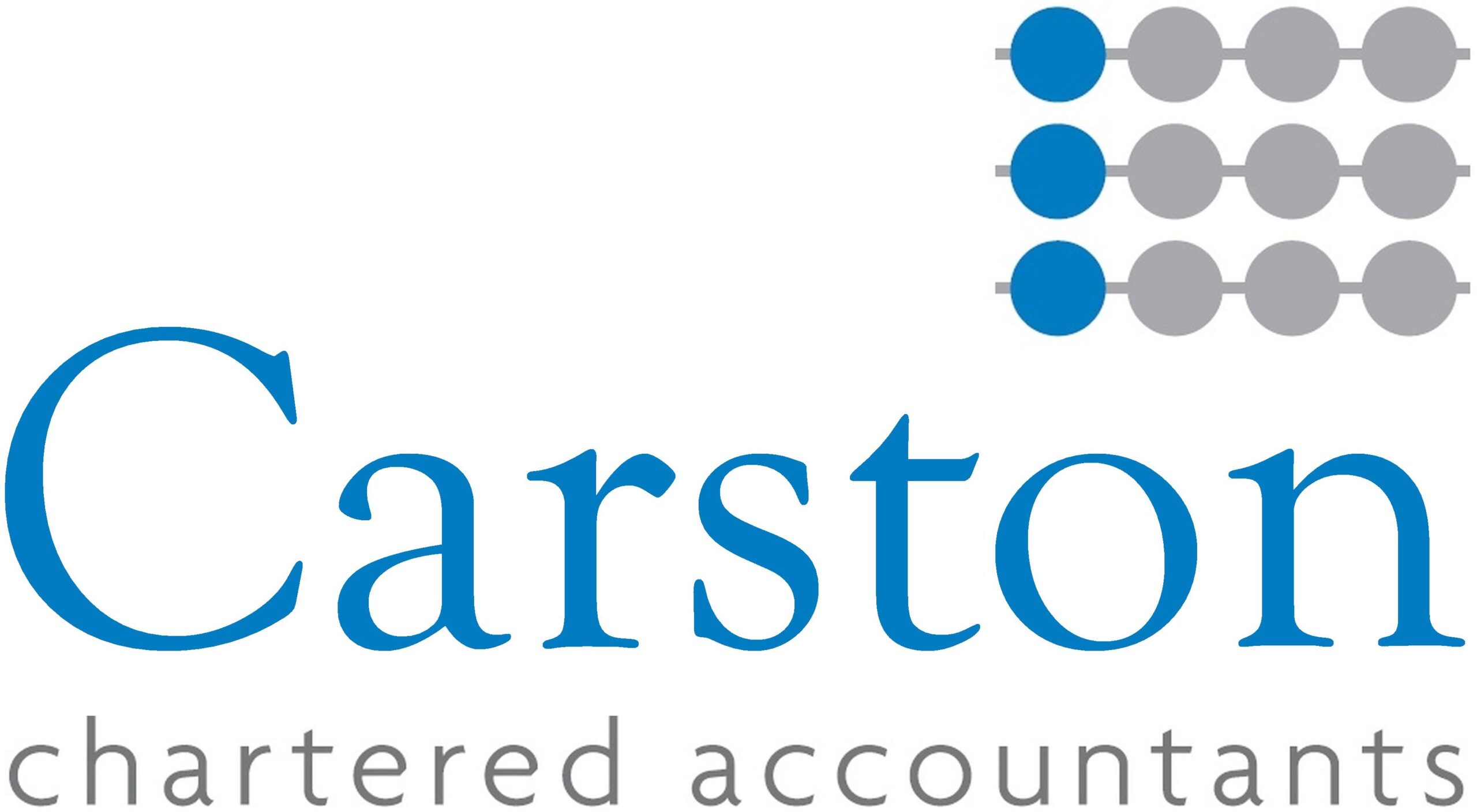Having the ability to claim money back as a business expense is a luxury not many have. But, there are fine lines between what is allowable and what isn’t.
It’s best to know what sort of things you can claim for well before you get started on your tax return, including any expenses in your tax return. That way, you won’t accidentally make a false claim.
Here’s what you need to know.
What are allowable business expenses?
As a self-employed worker, there are a number of things you can claim back at the end of the tax year, depending on what they’re bought for. The cost of these are deducted from your profit before tax is calculated, reducing the amount of tax you pay.
According to HMRC, a business expense is a business expense is it is bought “wholly and exclusively” for work purposes.
The main costs you can claim as allowable expenses include:
- office costs – phone bills and stationery
- travel costs – fuel, parking, train or bus fares
- clothing expenses – uniforms
- staff costs – salaries and subcontractor costs
- advertising and marketing
- training courses that benefit your business
- things you buy to sell on – raw materials etc.
Occasional meals with employees can also be claimed as a business expense, if the lunch is used to discuss a project or conduct a staff appraisal.
There can be some overlap between business and personal assets when claiming expenses. For example, if you use your phone for business calls, you can claim the number of minutes you spend on work-related calls, but not personal ones.
If you work and run your business from home, you may be able to claim a proportion of your energy costs, including internet usage. Your heating, electricity and council tax can also be claimed back within reason, depending on how you divide your home and costs for business purposes.
You can also claim for fuel you use for business purposes according to the following mileage rates:
| Vehicle | First 10,000 business miles in the tax year | Each business mile over 10,000 in the tax year |
| Cars and vans | 45p | 25p |
| Motorcycles | 24p | 24p |
| Bicycles | 20p | 20p |
How to claim
If you want to claim for business expenses, keeping records of your expenses is essential, keep hold of the invoice or receipt whenever you pay for something that can be claimed as a business expense.
When you do your tax return, you’ll need to calculate the total cost of your expenses from the year and include it in your report to HMRC. You won’t need to send your proof of purchases to HMRC, but you’re required to keep them in case there are any queries.
If you run a limited company, there are different rules to follow. You can deduct any business costs from your profits before tax. Any item you use for personal reasons must be reported as a company benefit. All of your expenses will be filed with your company tax return each year.
If you fail to keep records of your expenses and accounts, then HMRC can fine your company £3,000, and you could face being disqualified as a company director.
You’ll need to make sure that everything you claim for is allowable by HMRC. If you have any doubts, the Carston team is happy to help you.

